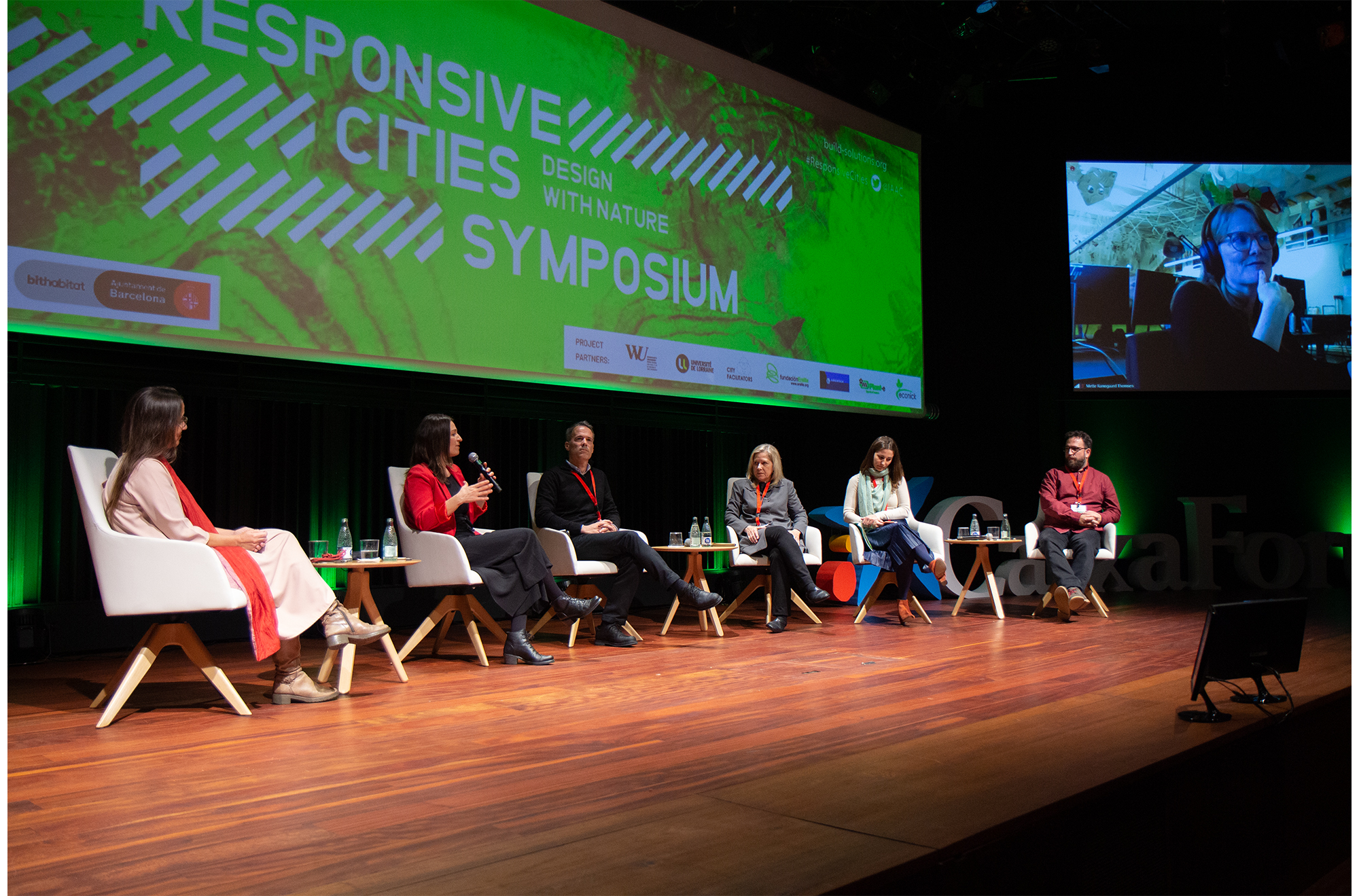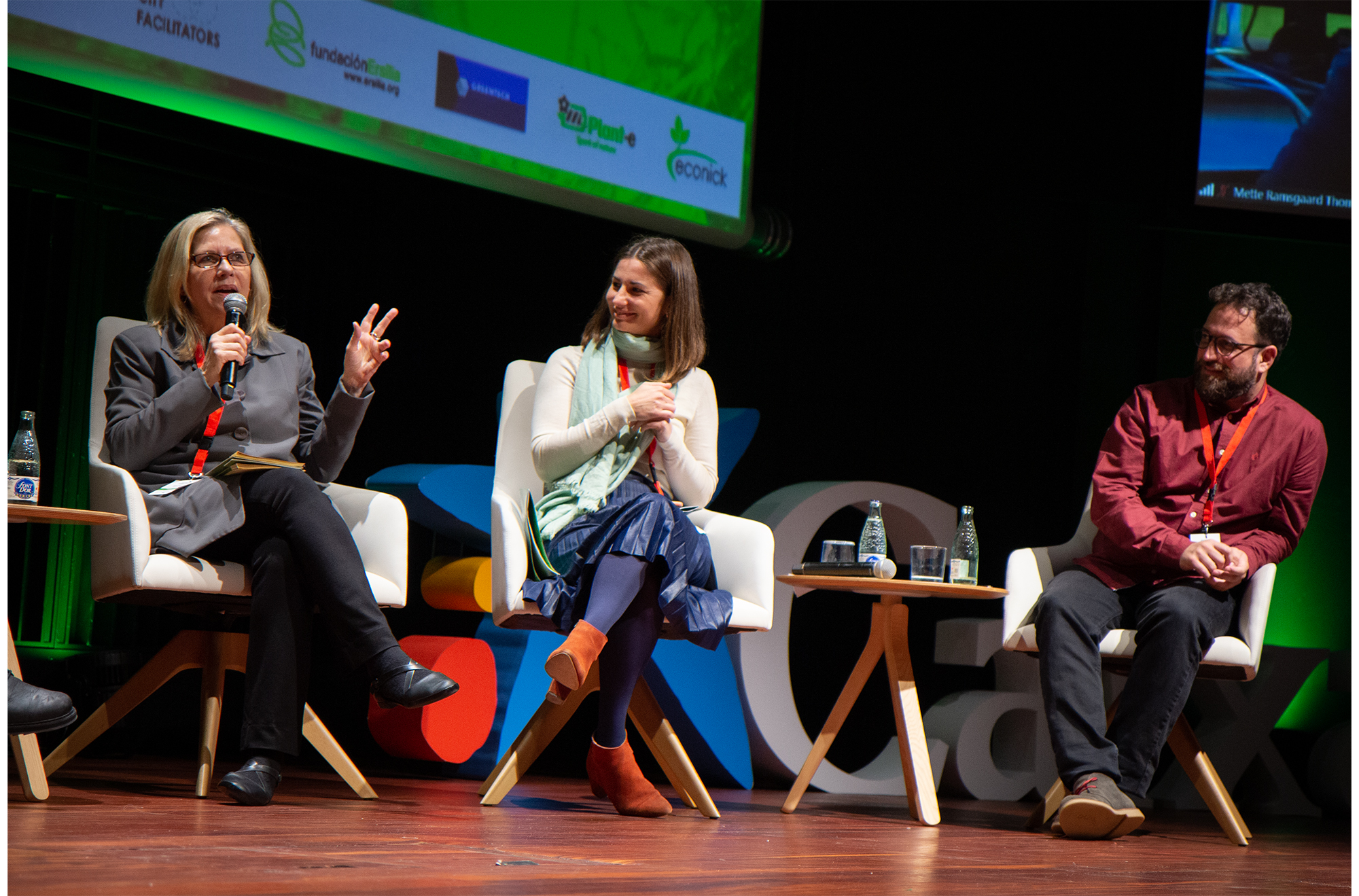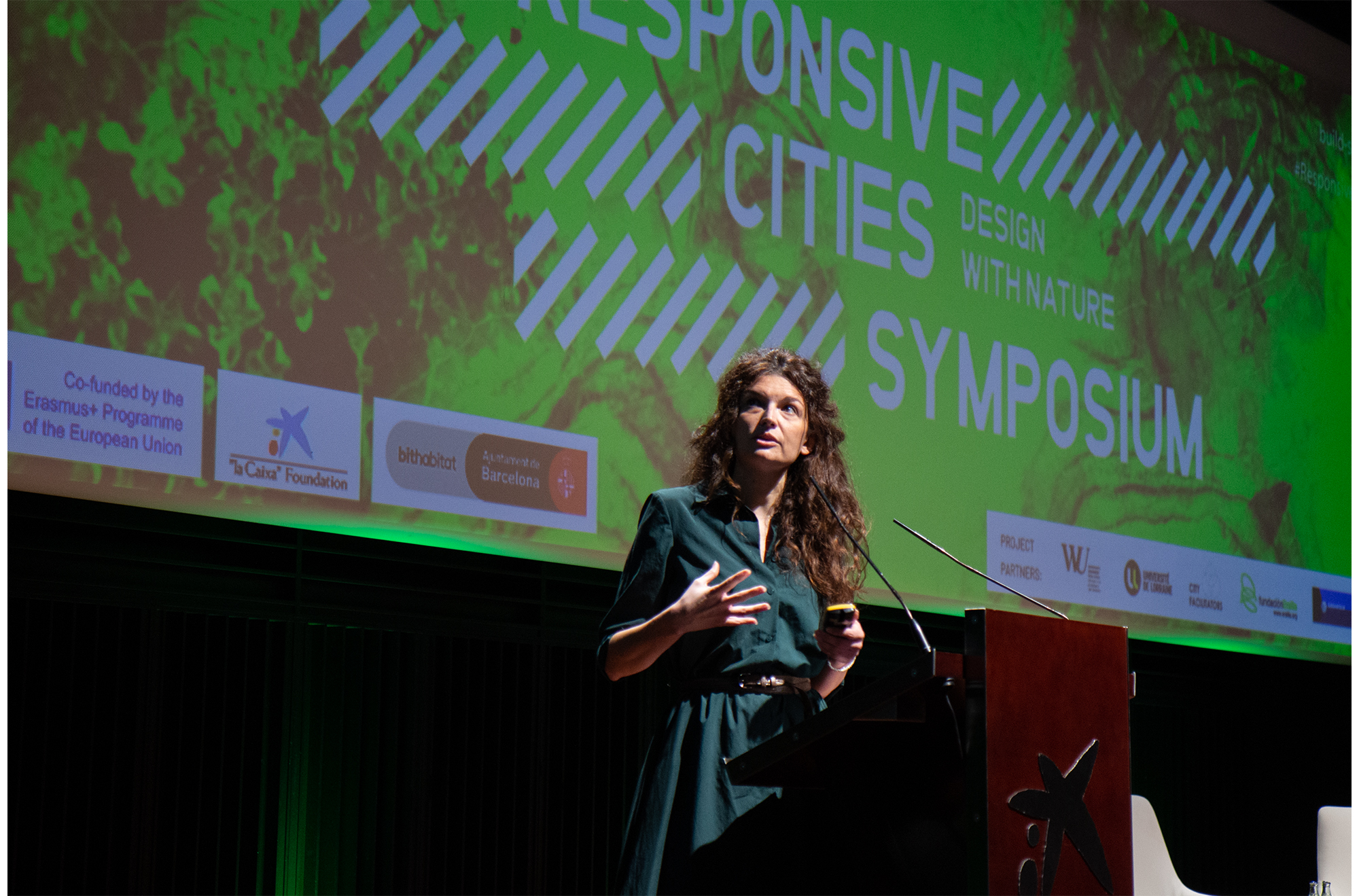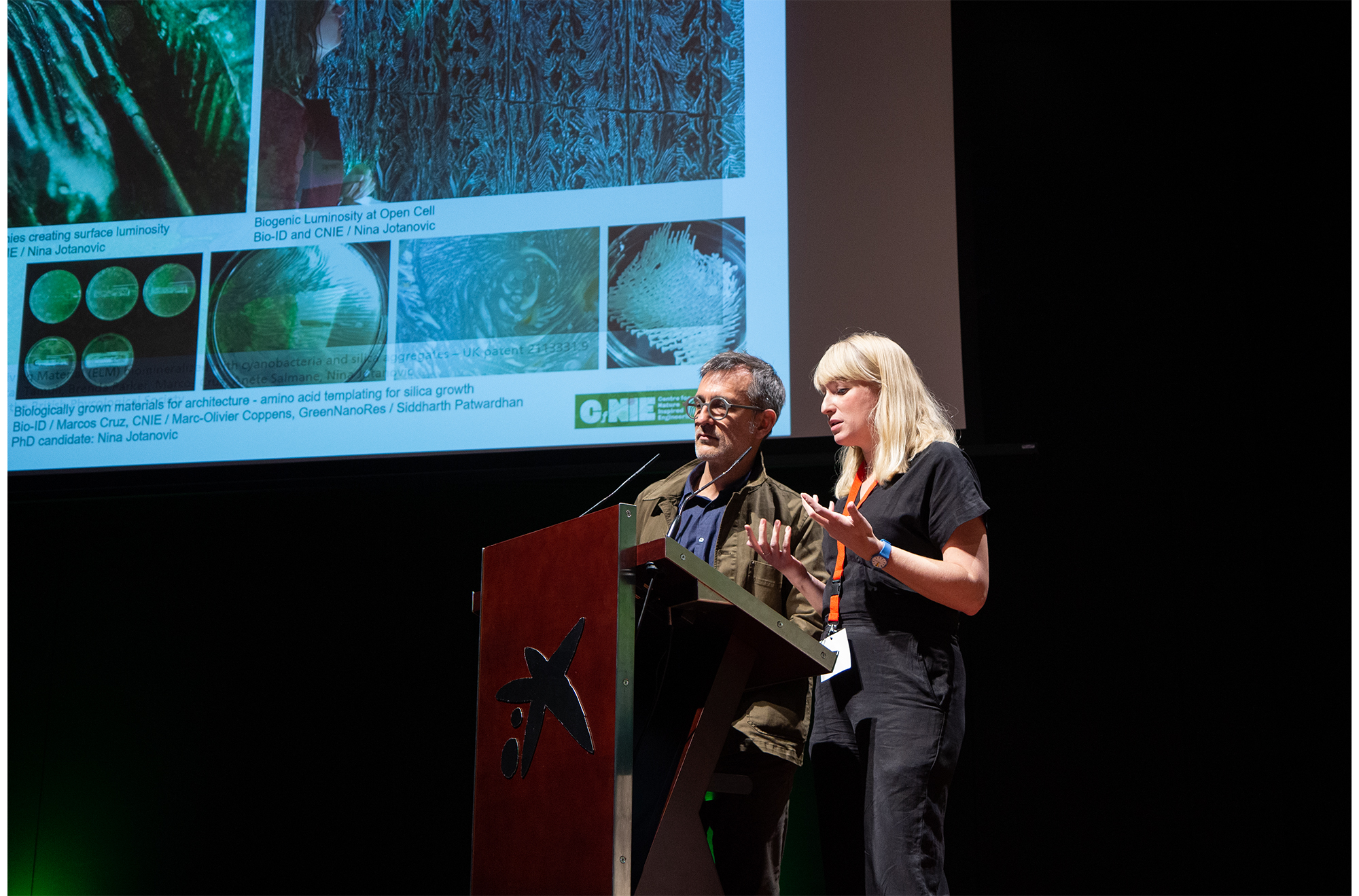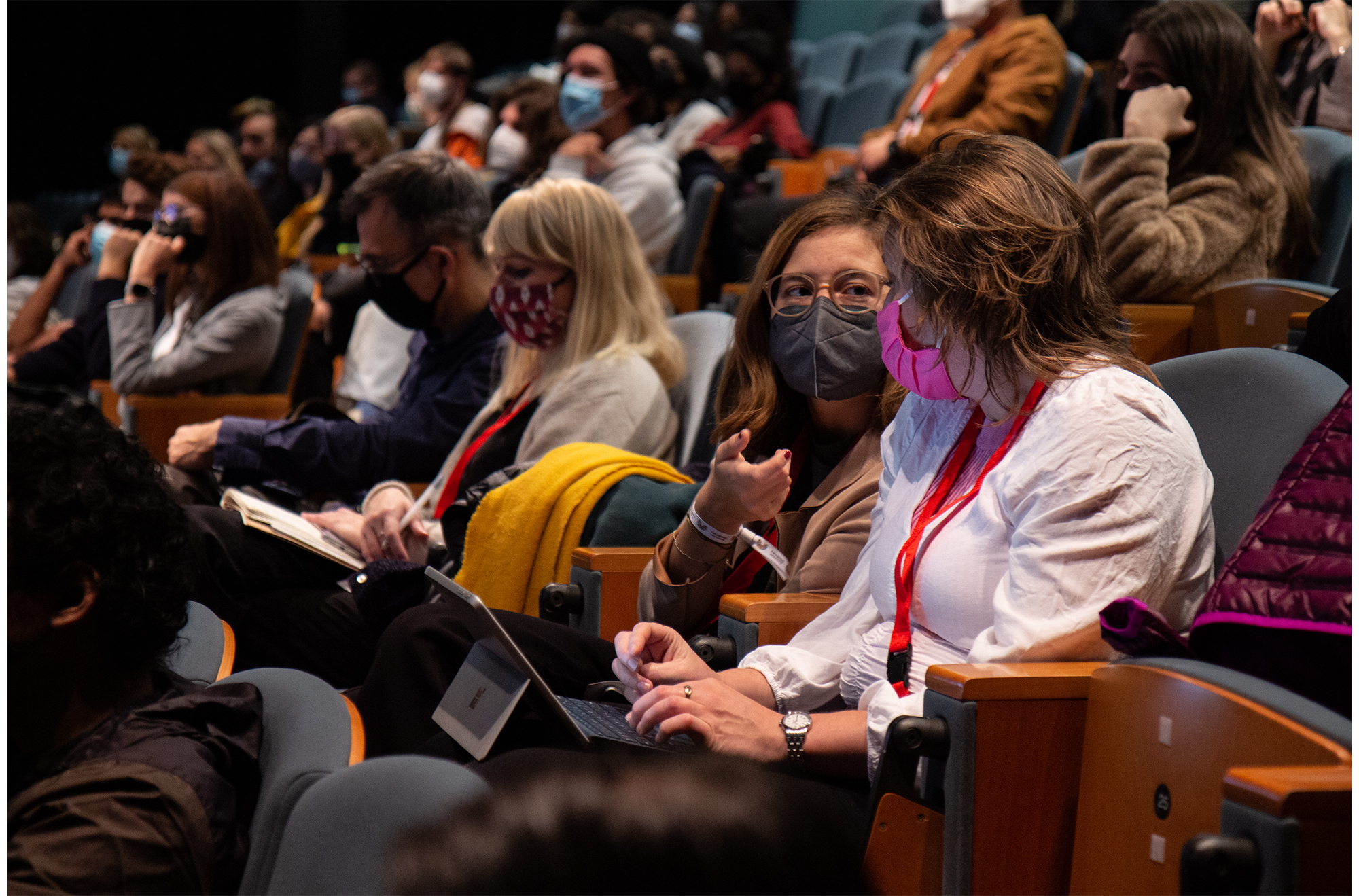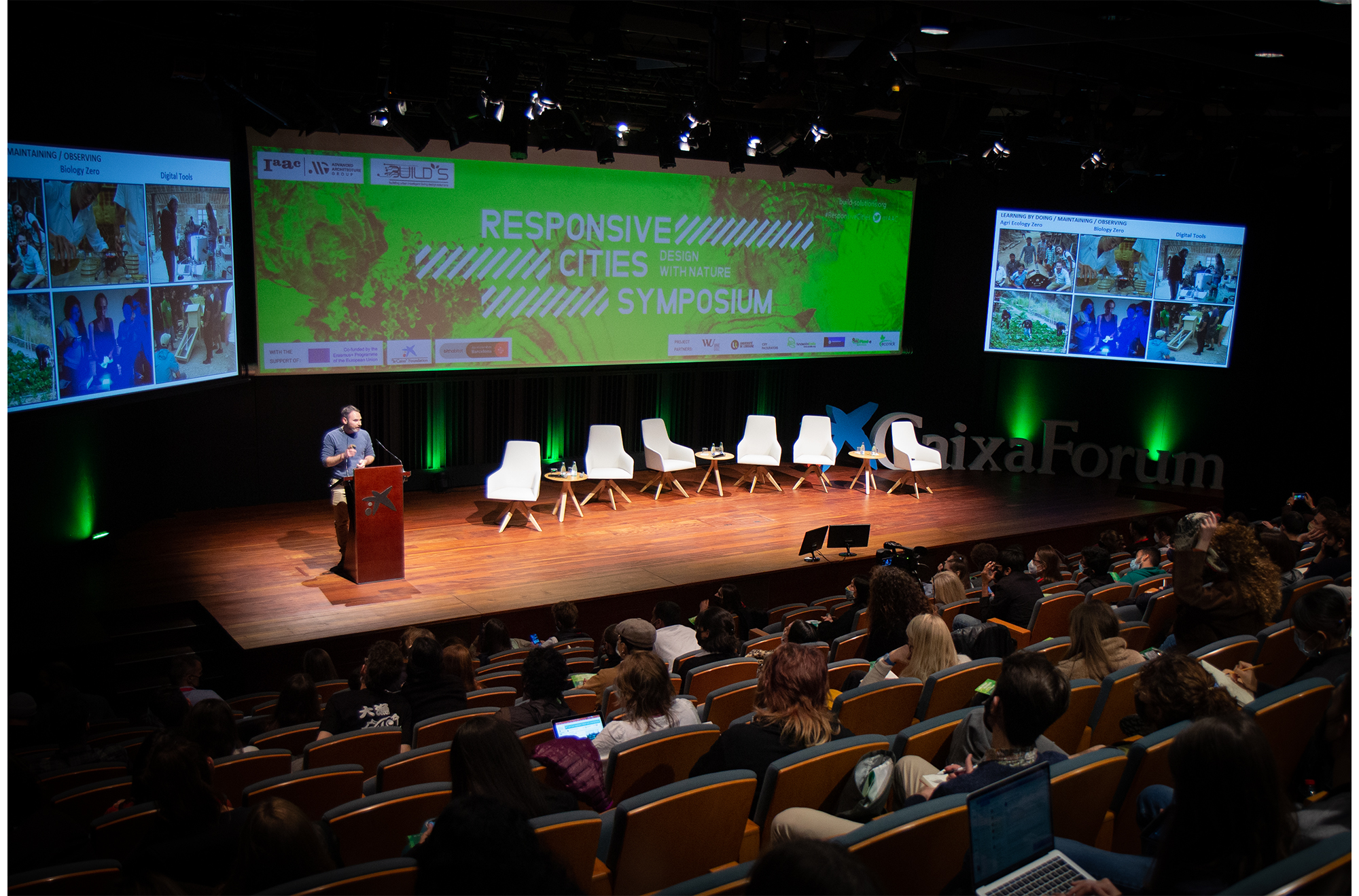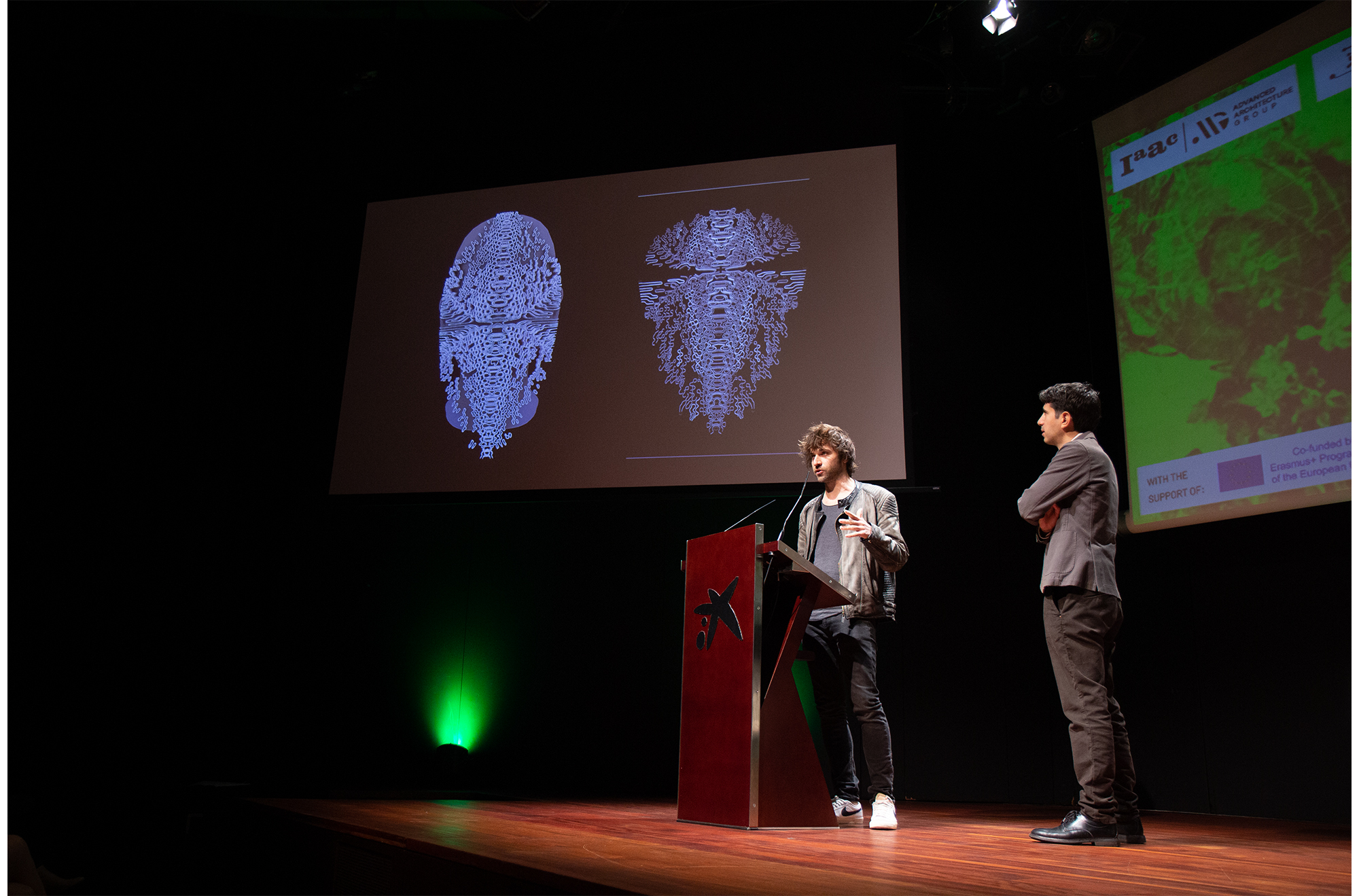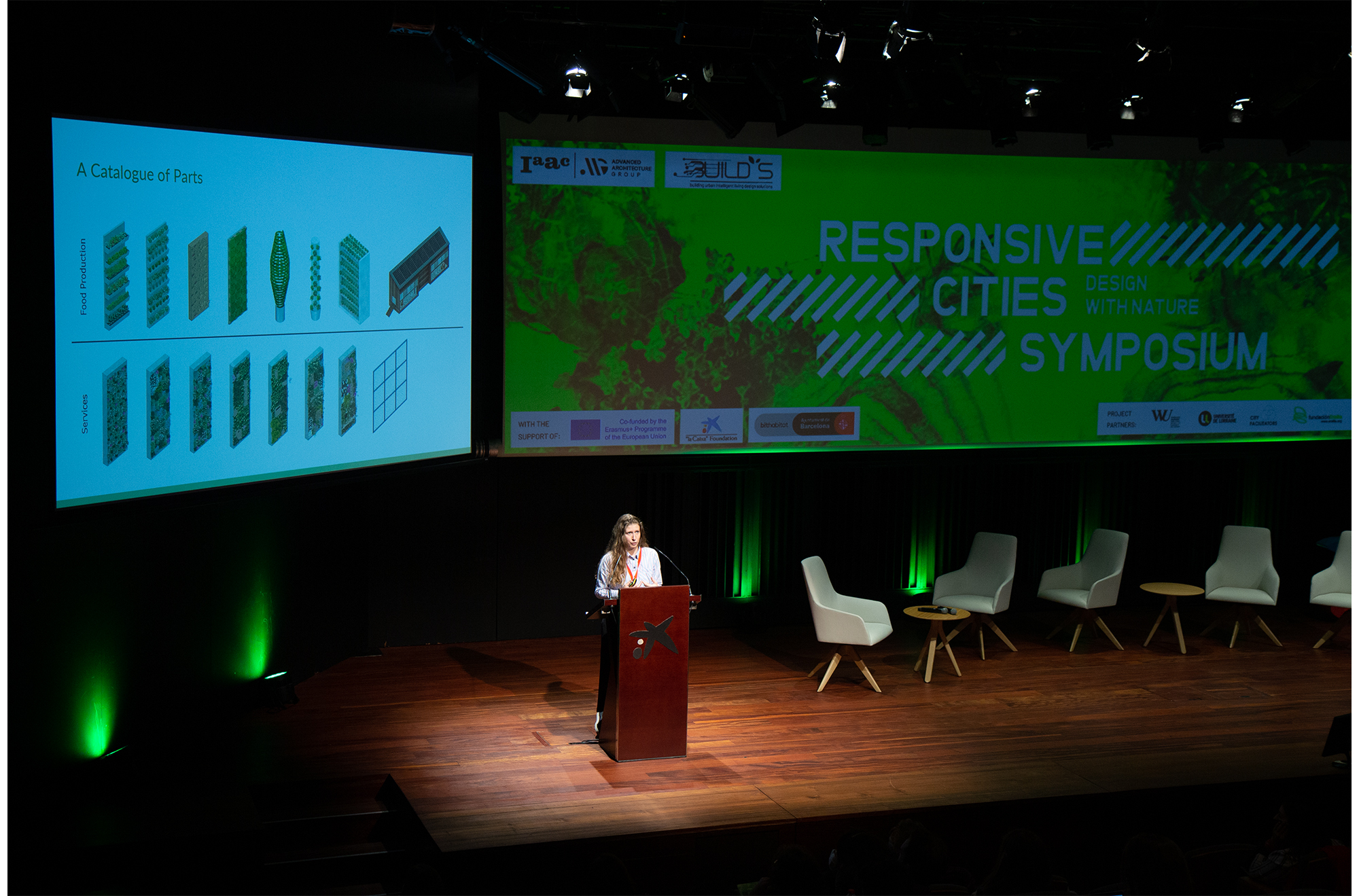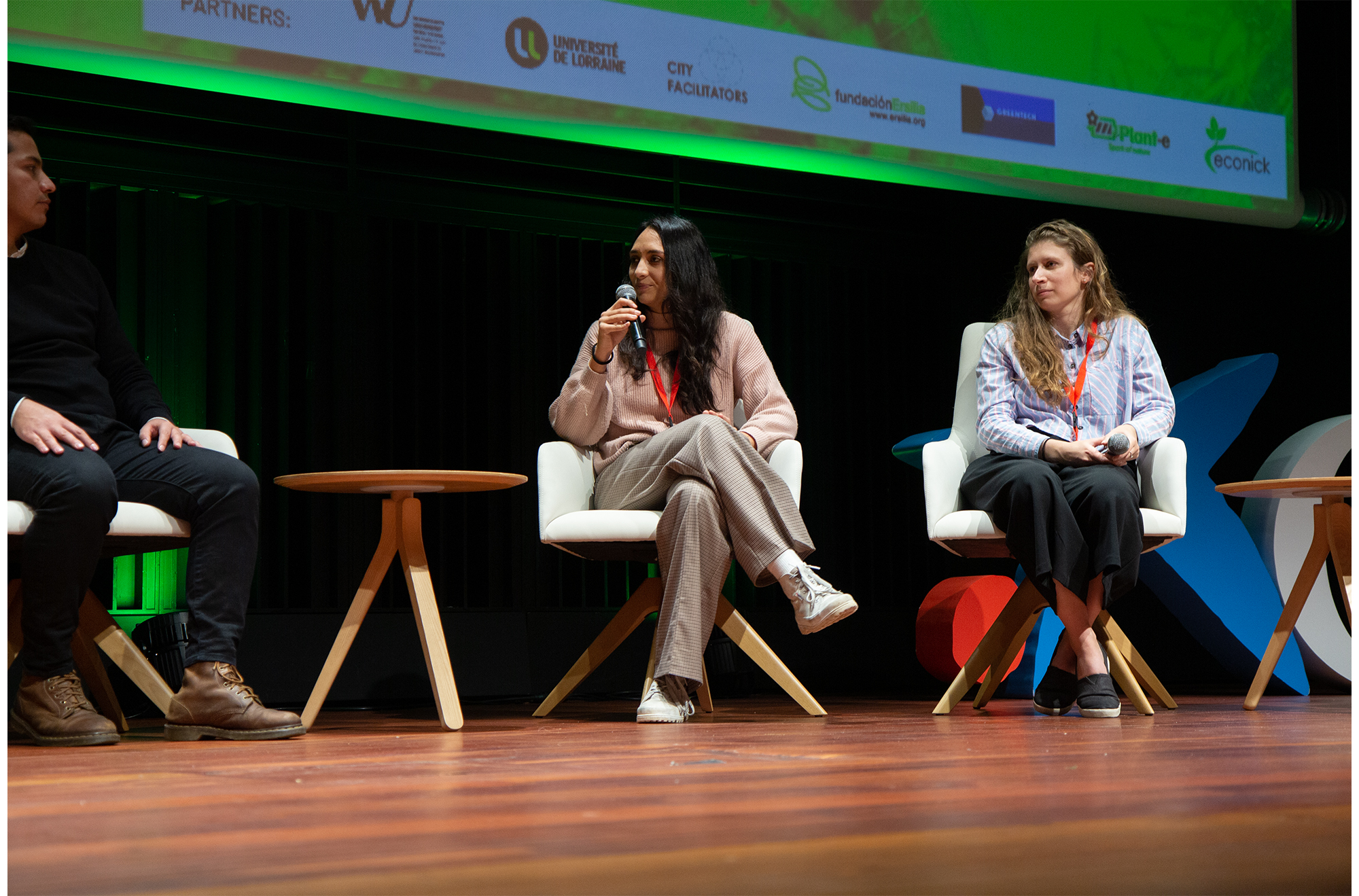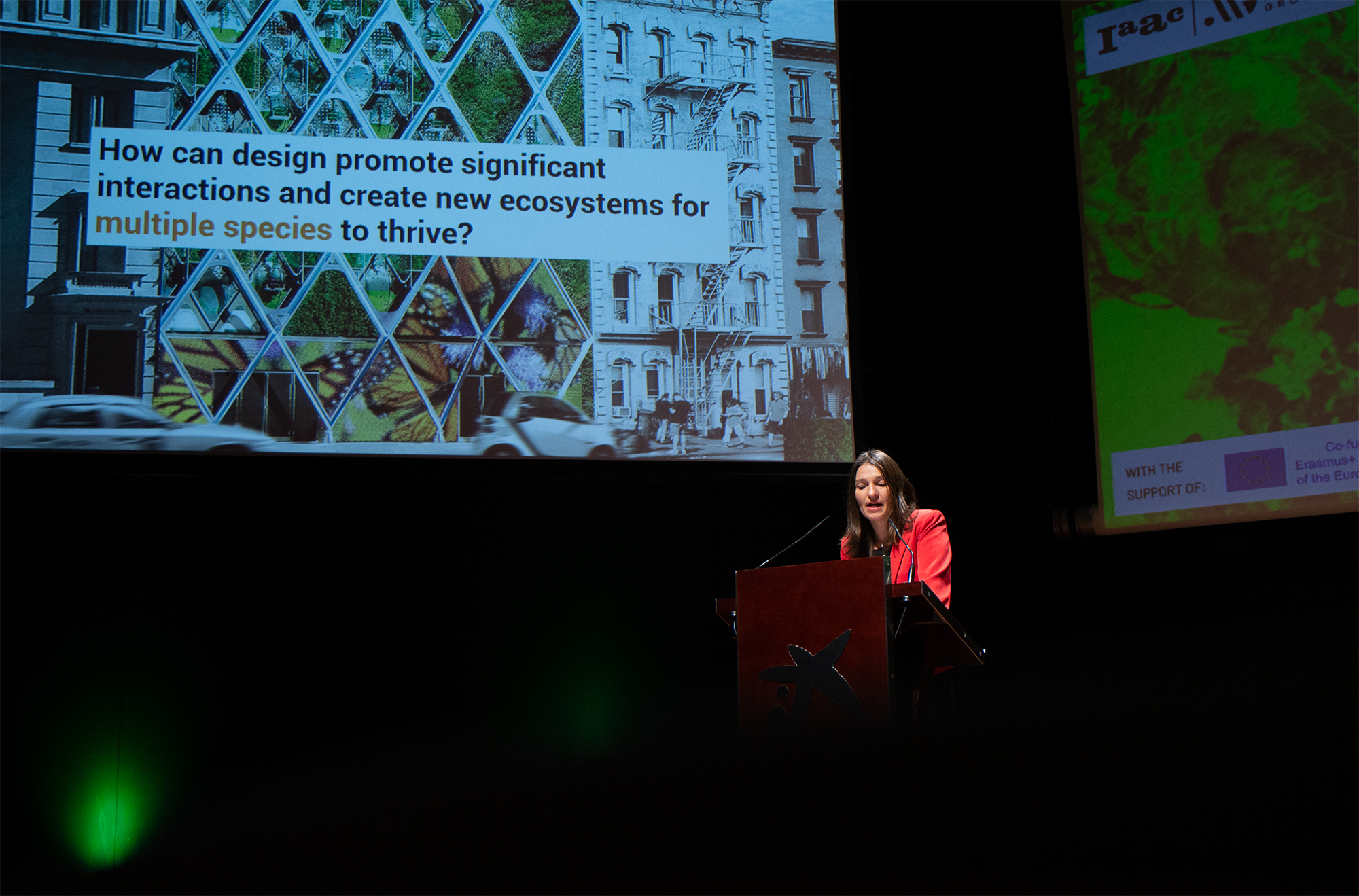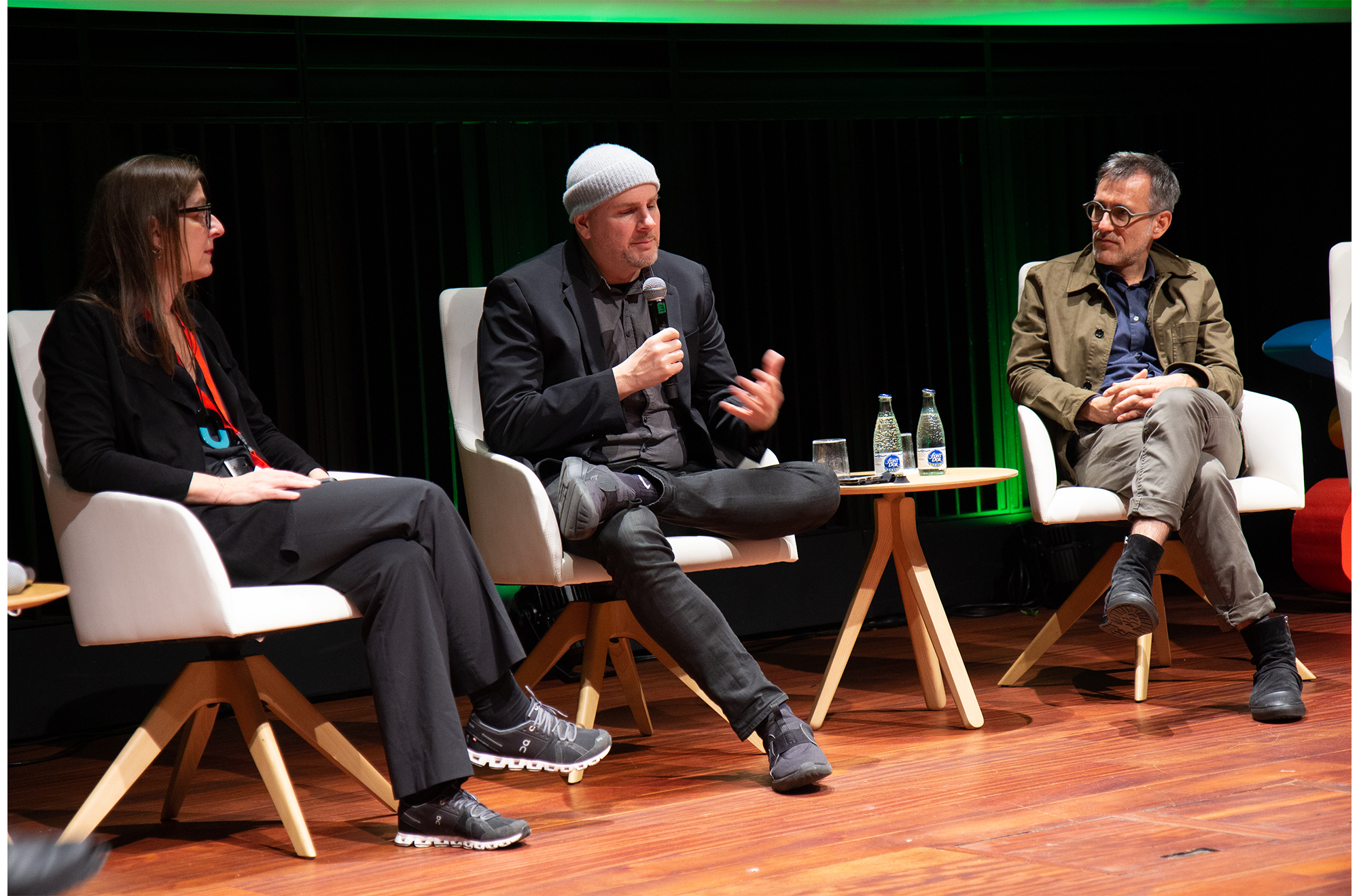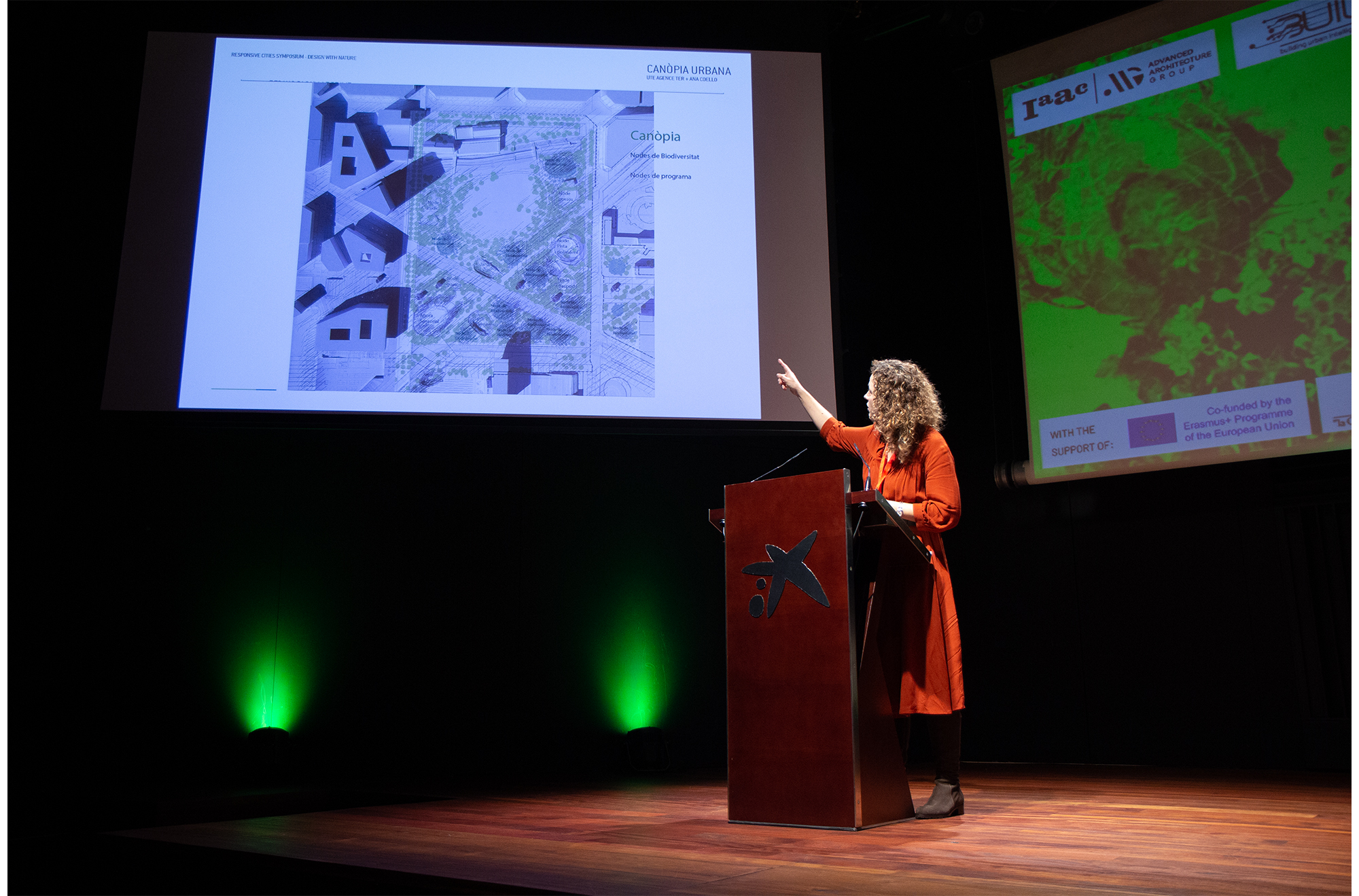Barcelona
From 11th to 12th of November, 2021
Design With Nature (RSC)
Responsive Cities Symposium
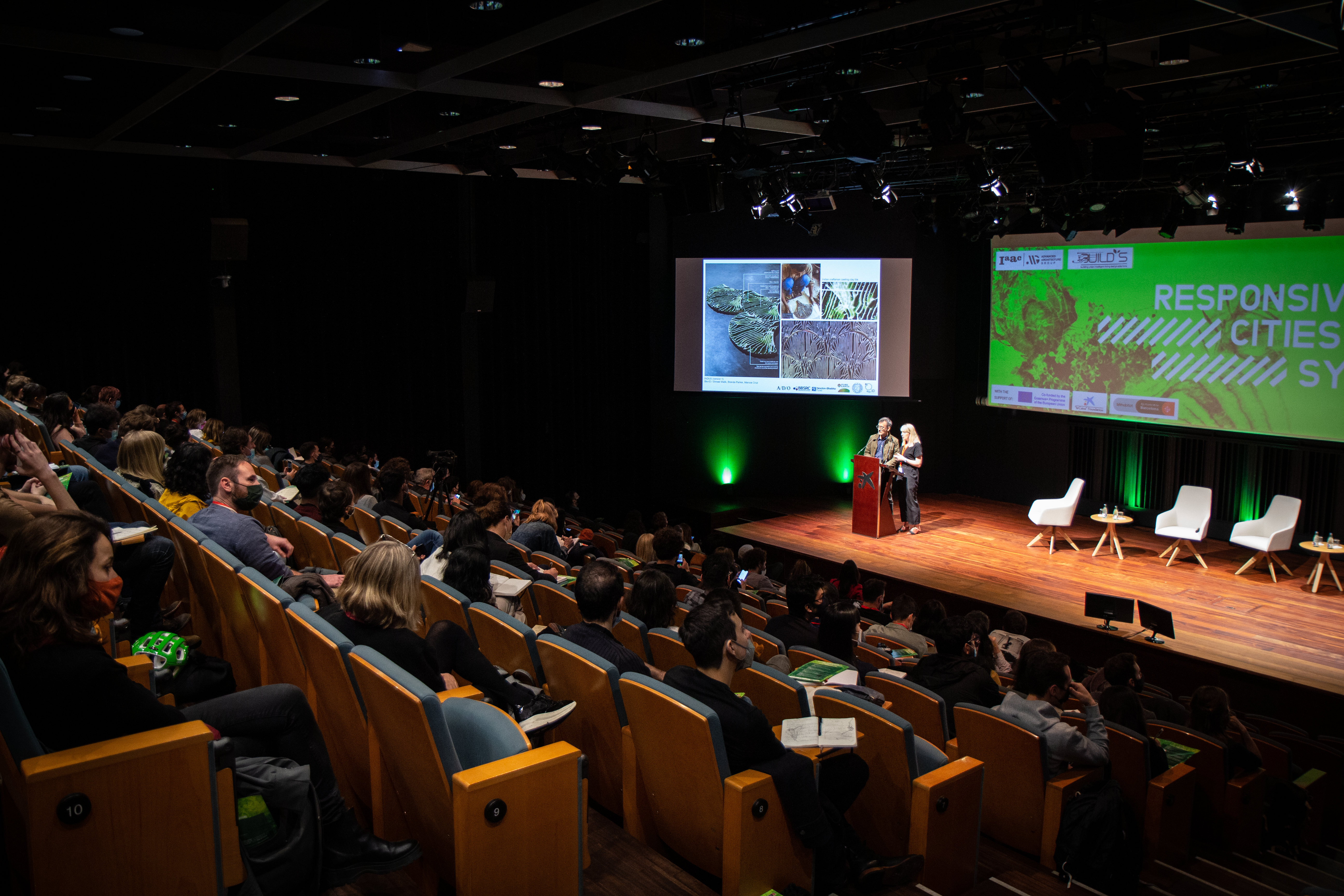
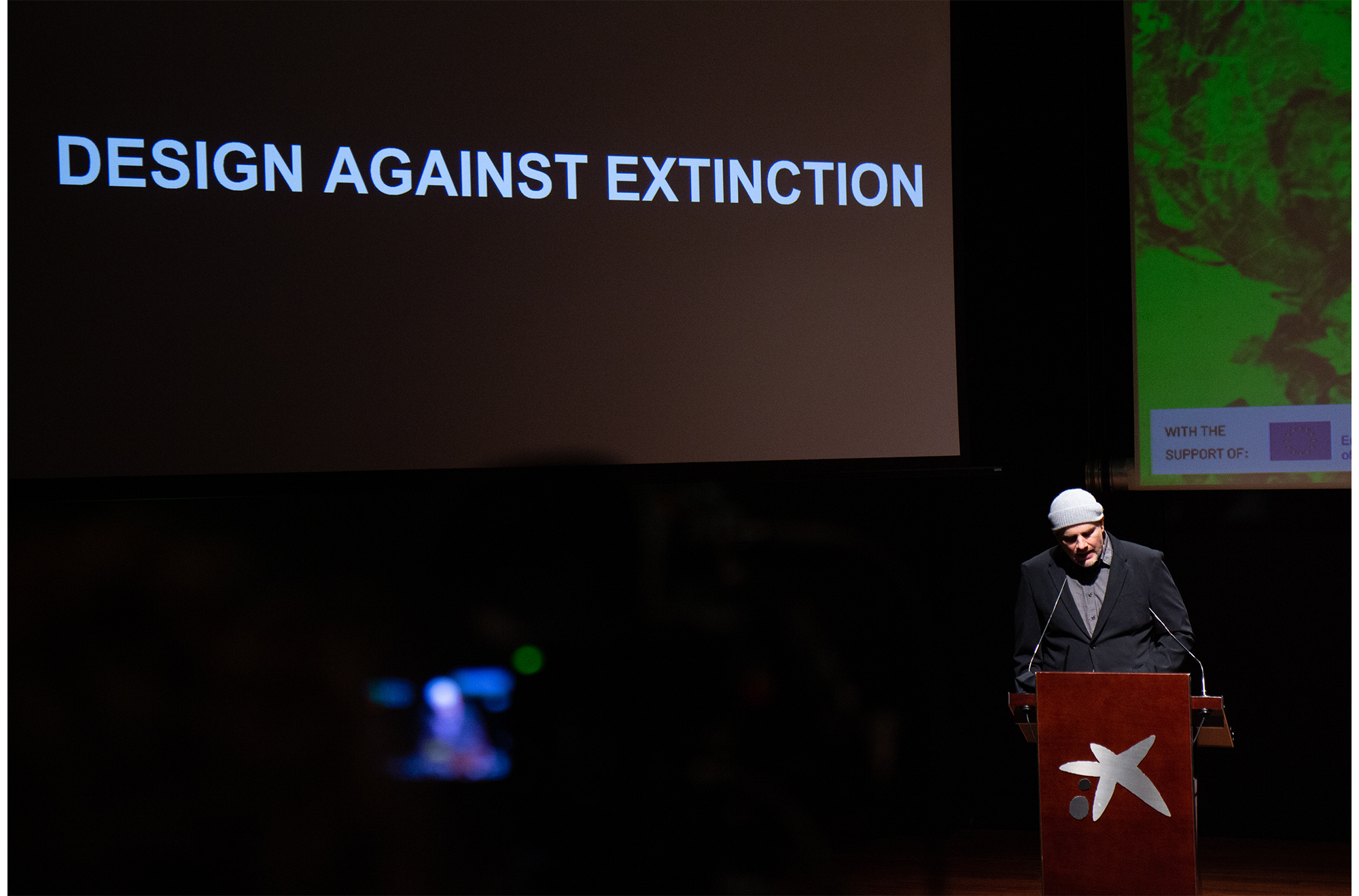
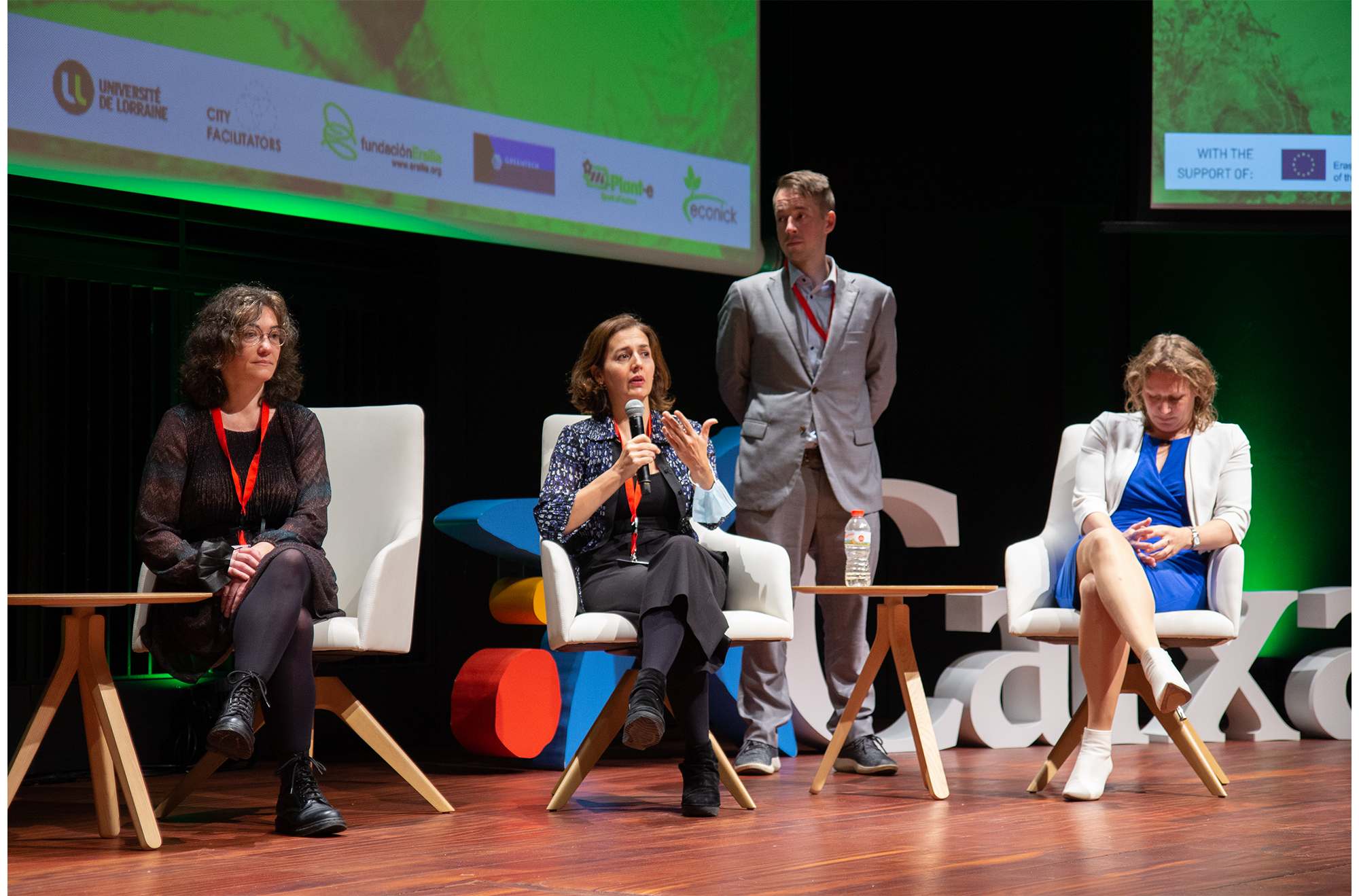
Living systems integrated into cities are also known as Nature-Based Solutions (NBS), defined as “living solutions inspired by, continuously supported by, and using nature, which is designed to address various societal challenges in a resource-efficient and adaptable manner and to provide simultaneously economic, social, and environmental benefits” (European Commission, 2015). NBS can help address several challenges through the provision of multiple ecosystem services such as life support (soil formation and oxygen production); procurement (production of food, drinking water, raw materials, or fuel); regulation (climate control and tidal waves, water purification, pollination); and cultural values, including the aesthetic, educational, and recreational values.
Design-optimized strategies can help reintegrate nature into cities by transforming urban spaces into liveable, productive, and biodiverse systems. Advances in digital technologies open new opportunities to facilitate the integration of NBS in the urban environment and to increase the number and the quality of the ecosystem services provided. For example, digital technologies, such as simulation tools, open the possibility to test in a virtual environment how the system performs, while digital fabrication allows for the production of non-standardized elements (like green facades, floor tiles, public space furniture, etc) for a tailored integration of nature in cities. The convergence between biology and ecological sciences and information technology applied to landscape and urban design can create powerful synergies to address the current socio-economic-environmental challenges.
The Responsive Cities Symposium_Design with Nature is organized around the following topics:
DESIGN – multi-programming | hybrid simulations | predictive modeling | non-linear systems
BUILD – circular construction | on-site manufacturing | resource recovery
ADAPT – nature-based solutions | advanced and biomaterials | synthetic ecologies
PERFORM – self-organization | circular feedback systems | autonomous behavior
SHARE – participatory design | blockchain | sharing economies
LEARN – new educational models | applied research | making | raise awareness


